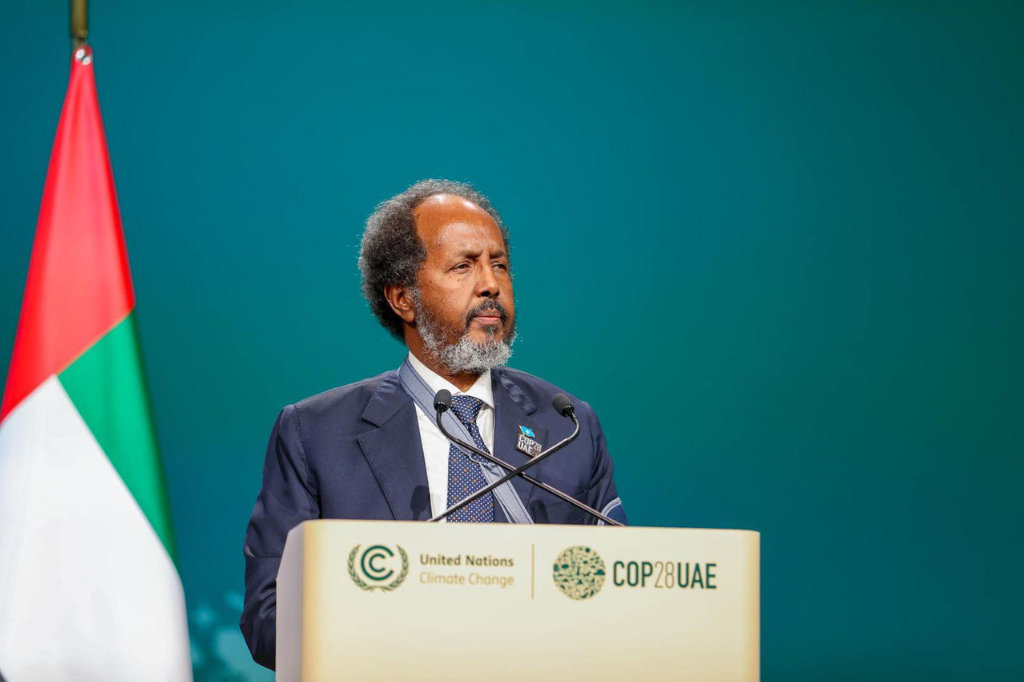
Despite Challenges Somalia is Moving forward
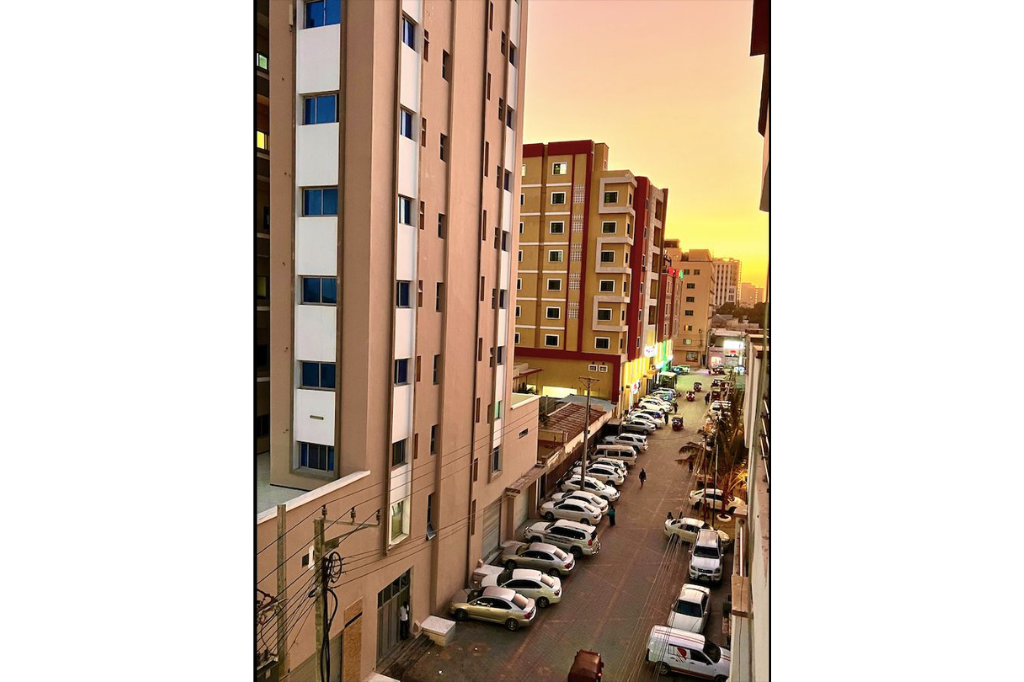
The year 2012 marked the rebirth of Somalia as Hassan Sheikh Mohamud’s nascent administration was the first without the word ‘transitional’ in its title since 2000. However, predictably, there have been several seesawing experiences. Security remains the most gruelling challenge as the insurgent group al-Shabaab has been the biggest threat to a peaceful Somalia.
Finalising the constitution, federalisation of the country, debt relief, public financial management (PFM), building and arming the Somali National Army (SNA) to replace the African Union troops, harmonisation of the federal government of Somalia (FGS) and the federal member states (FMS) all have been stubborn challenges faced by successive administrations.
HSM at the helm; Somalia is on the right track
President Hassan Sheikh Mohamud’s first term, 2012-2017, established four out of the current five federal member states. Hailed for his statesmanship and knowledge of politics of peacebuilding and mediation and having set the foundation of Somali federalism, his first term was an epoch of major developments.
In February 2017, Mohamed Abdullahi Mohamed, better known as (Farmaajo) was elected. The former embattled government of Somalia led by President Mohamed Farmaajo and his first prime minister Hassan Ali Khaire boasted about their investment in the Somali National Army. The army was later weaponised against the Somali people to silence dissenting voices. President Farmaajo’s administration severed ties with the neighbouring countries, employed sycophants, and shunned intellectuals and the perspicacious ones from serving. Having attacked his predecessors and opposition figures, Farmaajo led a populist regime with dictatorial tendencies.
On the other hand, President Mohamud’s second term promises to be another epoch of development. Vowing to pacify and obliterate al-Shabaab, President Mohamud supported the self-mobilisation of fed-up clan militias that have waged a devastating resistance against al-Shabaab. With major assistance from the Somali army and international partners, the group is now on the back foot. Within eight months, several regions and districts in Hirshabelle and Galmudug, most of them major long-time strongholds, have been liberated from the group.
Prioritising the annihilation of al-Shabaab has given President Mohamud peerless credit, unparalleled public kudos, and international accolades.
The Cabinet
within a few months, the Somali cabinet led by Prime Minister Hamza Abdi Barre -chosen for his close friendship with the President to bypass past quarrels between the two top posts- has endorsed fourteen (14) paramount bills including, but not limited to, the Bill of the National Intelligence Service Agency (NISA), Data Protection Bill, Foreign Investment Bill, and others all crucial for the fight against terrorism.
The other important priorities are the finalisation of the federal constitution and the acceleration of the debt relief process. The mantra of Prime Minister Hamza Barre’s cabinet ‘Dan Qaran’ (National Interest) reflects exactly the ongoing business of the government. Similar to the President’s, the main priority of the cabinet remains the fight against al-Shabaab.
Briefly to conclude, the massive military and non-military mammoth supported by valuable international partners comply with the Somali government’s priorities. The elimination of al-Shabaab opens up Somalia to the world and entices foreign investors. With President Hassan Mohamud and Prime Minister Hamza Barre at the helm, that goal is feasible.
Anwar Abdifatah Bashir
Related News




Somalia’s Single-Use Plastic Bag Ban Was Long Overdue
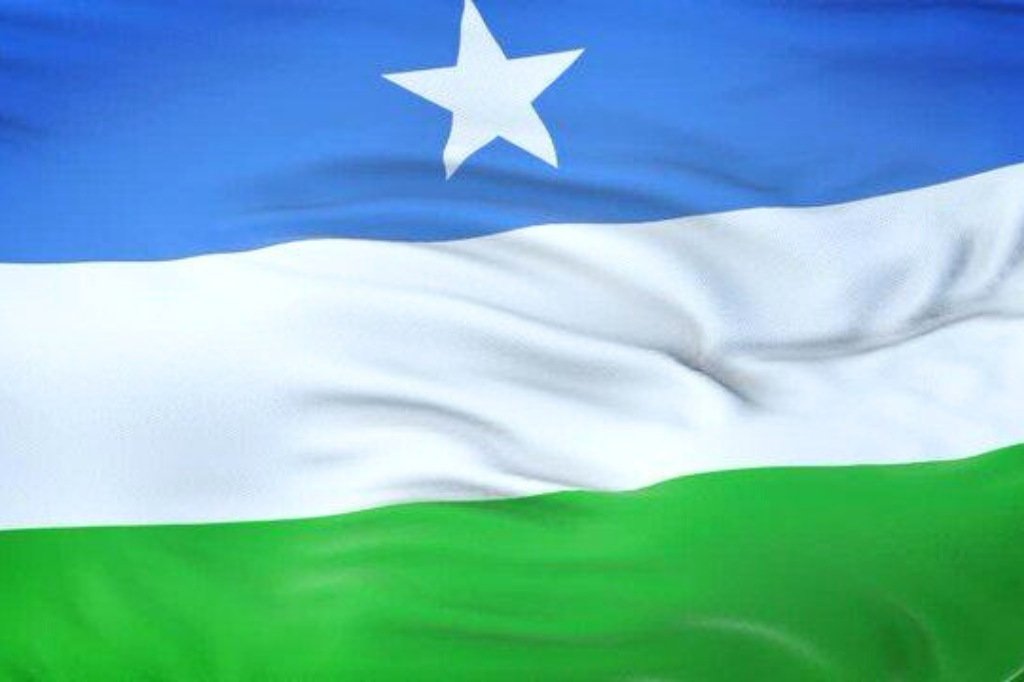
Election in Puntland: A Historical Overview

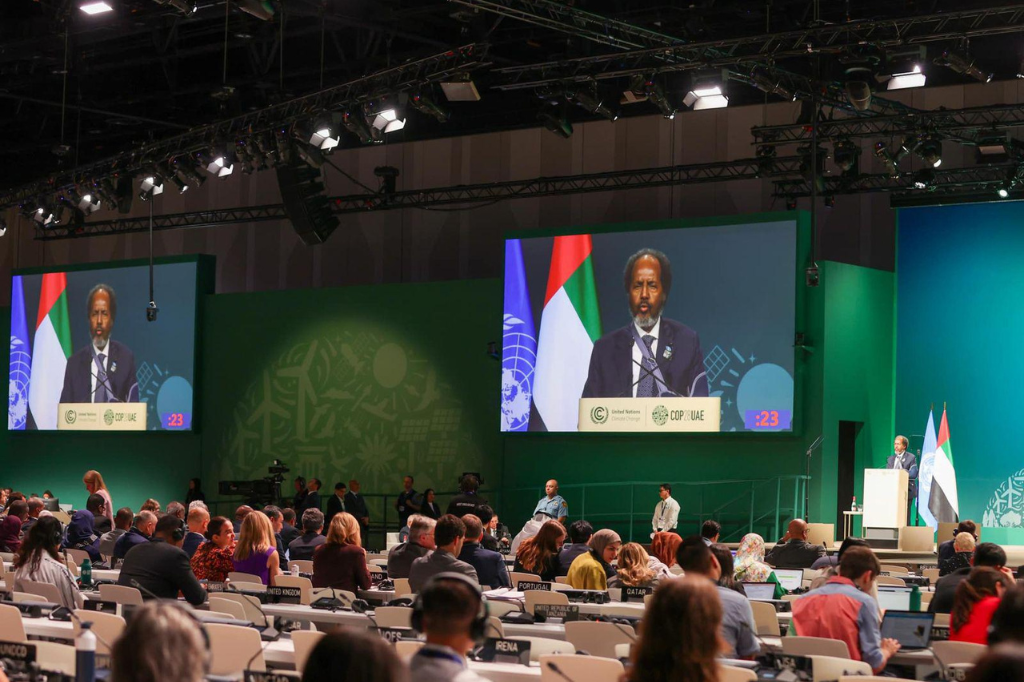
Somalia at COP28 Recap: Key Highlights and Outcomes
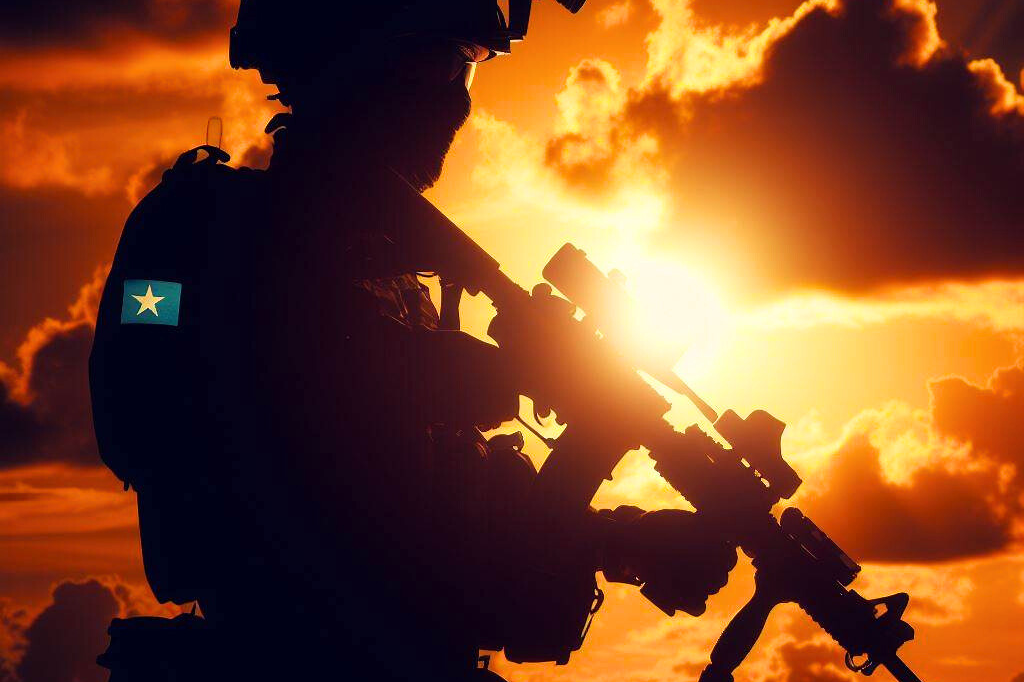
Breath of Fresh Air: The Force Behind Mogadishu’s Newfound Security
